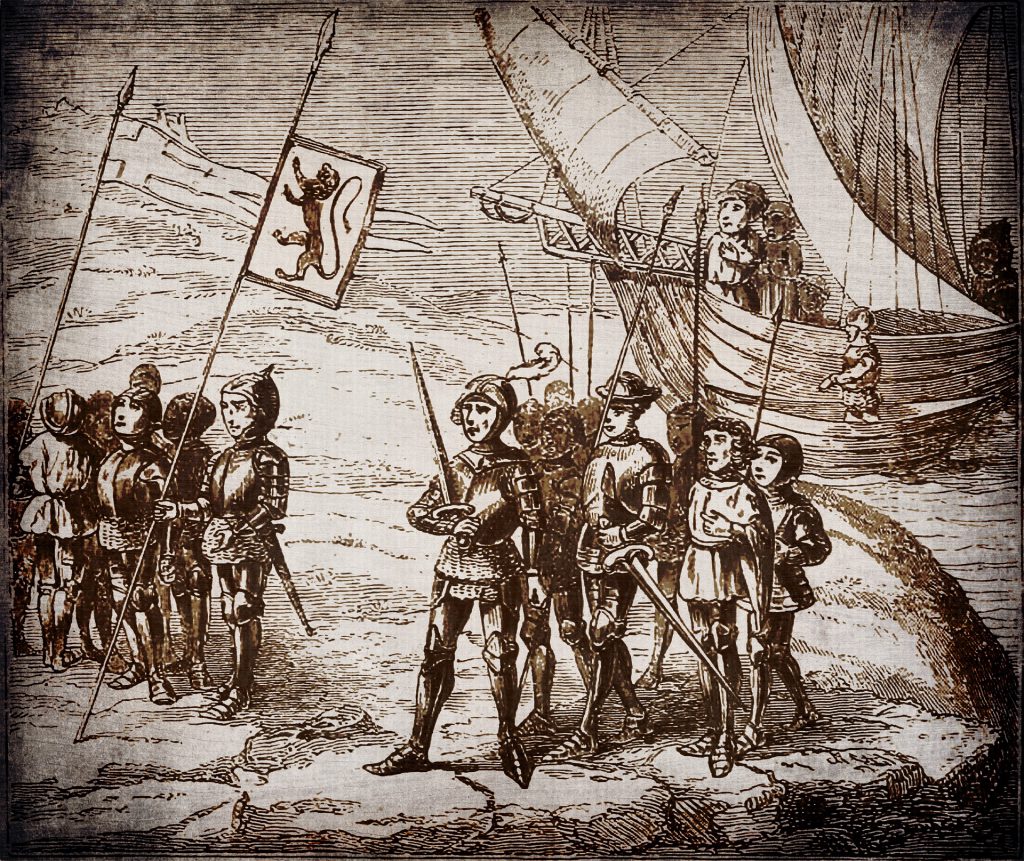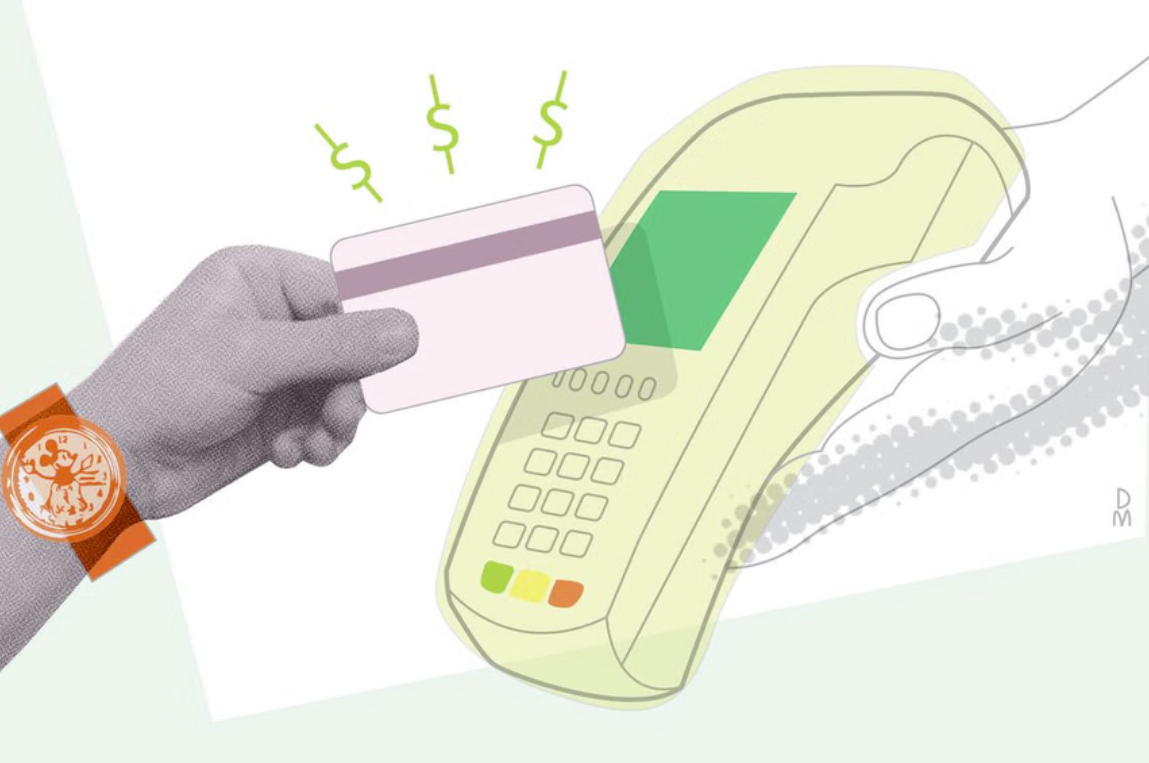Note: It was announced in November 2023 that MoneyOwl will be acquired by Temasek Trust to serve communities under a re-purposed model, and will move away from direct sale of financial products. The article is retained with original information relevant as at the date of the article only, and any mention of products or promotions is retained for reference purposes only.
______________
Many years ago, a foreigner made a joke about our army in front of me. He said our army is like boy scouts, only good for marching during National Day Parade because unlike other armies, we have never experience going into wars. Of course, being still an NSman, I was offended. I told him firmly that he missed the point altogether. The purpose of building a strong army is not to have wars but to avoid having to go into one. I have been serving in the army since I was 19 years old. One of the reasons why I continue to serve beyond my obligation is because I believe in having a strong military defence as a deterrence to potential invasion. But try as we might, there are some wars that we simply will not be able to avoid. Over the past year, we have been witnessing the trade war between the US and China.
The US-China Spat
For a long time, US President Donald Trump has been accusing China of unfair trading practices and intellectual property theft. On the Chinese side, there seems to be the thinking that the US is trying to slow down their rise. President Trump showed his dislike for China even before he became President on 21 Sep 2011 when he tweeted “China is neither an ally or a friend — they want to beat us and own our country.” But it was not until 6 July 2018 that the US fired the first salvo, implementing a 25% China-specific tariffs on 818 imported Chinese products valued at USD34 billion. The Chinese retaliated on the same day by implementing 25% tariff on 545 goods originating from the US valued at USD34 billion as well. On 1 September 2019, the Trump Administration imposed a fresh 15% tariffs on USD300bn of Chinese goods and Beijing has similarly retaliated by imposing 5%-10% on USD75bn of US goods on the same day. As a result, the world’s financial markets represented by MSCI World index has fallen from the peak in July 2019 by about 4% at the time of writing. Table 1 shows the timeline of the US-China trade war so far. So how should investors respond in this environment? I took a journey down memory lane to see what we can learn from it.

Table 1: Timeline of Current US-China Trade War, Source: Providend Ltd
History of US Trade Wars
There were 7 trade wars (excluding the current one) in modern history.
1.Smoot-Hawley Tariff Act

- Starting Year: 1930
- Items Affected: 20,000+ agricultural and industrial goods
- Championed by Reed Smoot, chairman of the Senate Finance Committee. Canada, Spain, Italy and Swiss quickly introduced their own retaliatory tariffs. Imports and exports fell by 66% and 61% respectively. It was believed that this trade war caused the severity of the Great Depression. Chicken Friction
2.Chicken Friction

- Starting Year: 1963
- Items Affected: Chickens, Potato Starch, Dextrin, Brandy, Light Trucks
- In the 60s, factory farming methods adopted in the US caused the markets to be flooded with cheap American chicken. France and Germany didn’t like it and introduced tariffs. The US retaliated introducing tariffs on several goods.
3. Jabs at Japan

- Starting Year: 1981
- Items Affected: Automobiles, Motorcycles, Semiconductors, Consumer Electronics
A surge in Japanese auto imports caused cars to be priced below market value and affecting US auto sales. After intense pressure from the US,
Japan agreed to a Voluntary Export Restraint (VER) program.
4.War of the Woods

- Starting Year: 1982
- Items Affected: Softwood Lumber
US softwood lumber lots are privately owned whereas, in Canada, they are owned by the provincial government. As such, disputes flare up every few years.
5. Pasta Spat

- Starting Year: 1985
- Items Affected: Pasta, Walnuts, Lemons
In 1985, the US government frustrated by the lack of meaningful increase in access for U.S. citrus products increased tariffs on pasta from Europe. Europe retaliated with higher tariffs on American lemons and walnuts.
6. Battle of Bananas

- Starting Year: 1993
- Items Affected: Bananas
Europe imposed tariffs on the import of Latin American bananas. U.S. companies were very unhappy as they were heavily invested in Latin America at the time. U.S. companies owning most of the banana farms filed 8 separate complaints with WTO.
7. Steel Salvoes

- Starting Year: 2002
- Items Affected: Steel
U.S. government imposed steel tariffs in 2002 aimed at helping revive the steel industry in their own country. EU countries retaliated strongly and
Placed tariffs on oranges exported from Florida.
The trade wars and how they have affected both the U.S. markets (represented by the S&P500) and the opposing country’s market (represented by their respective indices) are summarized in table 2. As you can see, except for the period during the Great Depression (Smoot-Hawley Tariff Act), most financial markets were not affected in the first year of the trade wars. For those who were affected, they quickly recovered strongly from the second year onwards. The results are not surprising to us at all. While news of trade wars can cause a lot of fears that an impending recession is near and/or companies’ profits will be down, all trade wars come to an end. Once investors realise this, the stock markets recover very quickly.
Investors need to know that when we are investing for the long term, we surely cannot avoid financial crises, debt crises, natural disasters, terrorist acts, geopolitical risks and trade wars. These are short-term “hiccups” that we have to accept. In fact, these are opportunities for us to buy into the market as it is on sale. Investors can draw confidence knowing that in the long run, the stock markets always go up because the long-term return of the markets is driven by their long-term earnings, not short-term events. Chart 1 shows us the 20-year return of the world’s stock market represented by the MSCI World Index. This trade war like many others is just a small blip in your investment journey.


What should investors do?
Some time ago, I wrote in this same column that we should not make long-term decisions based on short-term information. In this period of temporary economic uncertainty, instead of guessing where the markets are going and trying to time it based on somebody’s tweet, which is really a futile attempt, investors should look at strengthening their financial foundation, if you have not done so. These are some of the things you can consider:
- Stick to your job, because perhaps this will be a bad time to change it
- Avoid committing to a huge loan right now if possible
- Reprice or refinance your mortgage as interest is currently low
- Re-look at your budget to see if you can cut down some unnecessary expenses
- Ensure you have sufficient emergency fund (at least 6 months of expenses in cash or liquid assets)
- Review your insurance policies to ensure you are sufficiently covered
- Continue your regular investment plan but get ready to deploy spare cash (beyond emergency fund) when opportunities arise
Finally, speak to a trusted adviser who will be able to risk coach you and guide you through when turbulence happens. It is his or her job to bring you to your destination safely and comfortably.
Christopher Tan is CEO, Providend, Singapore’s first fee-only retirement financial adviser and also Executive Director, MoneyOwl, Singapore’s first bionic financial adviser. Both Providend and MoneyOwl share the same financial planning & investment philosophy.
Announcement: With effect from 1 June 2022, MoneyOwl is a 100% NTUC Enterprise (NE)-owned company.




